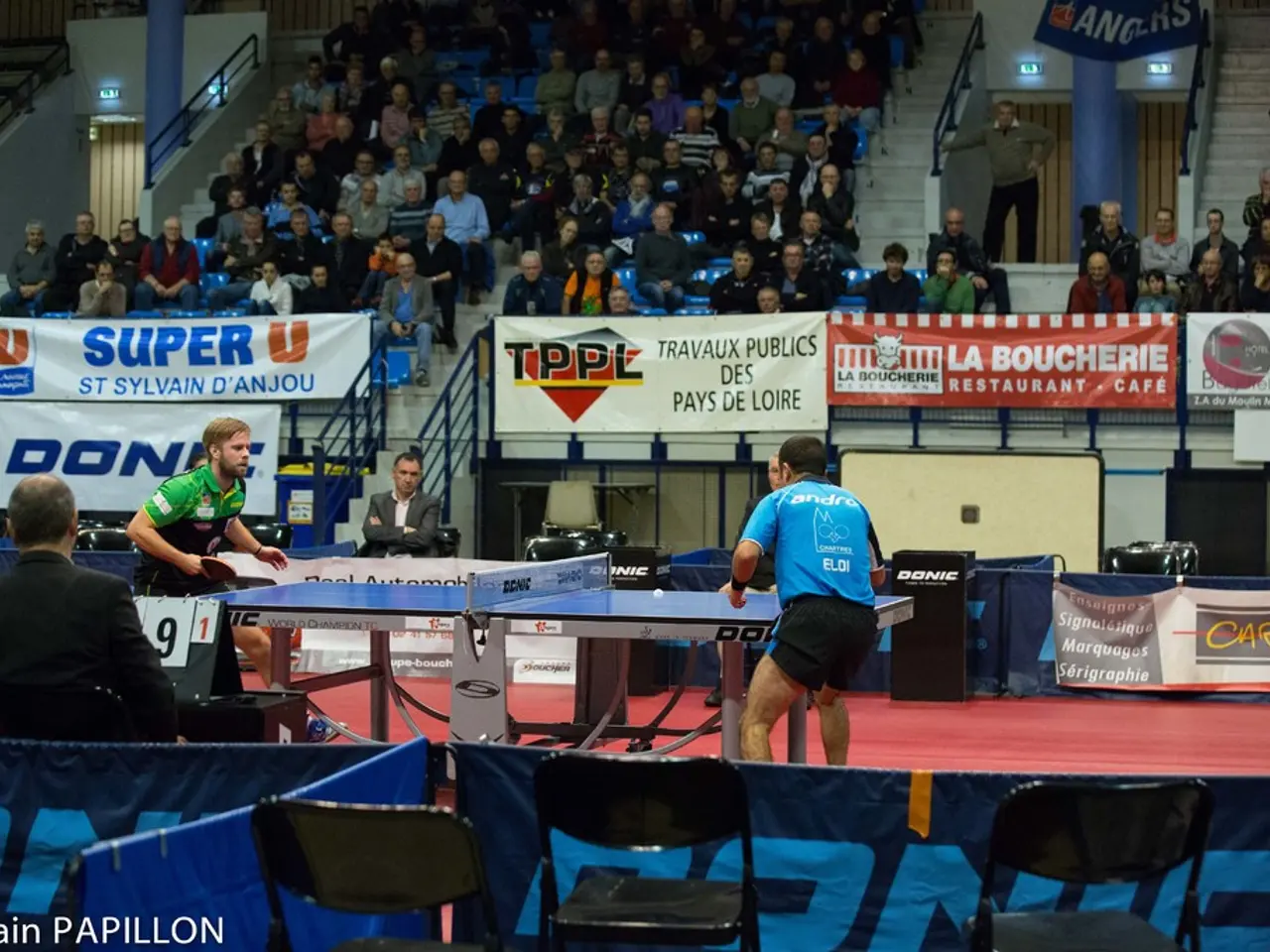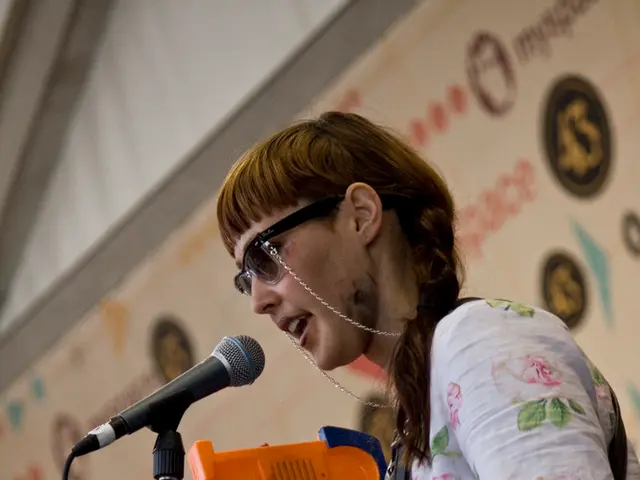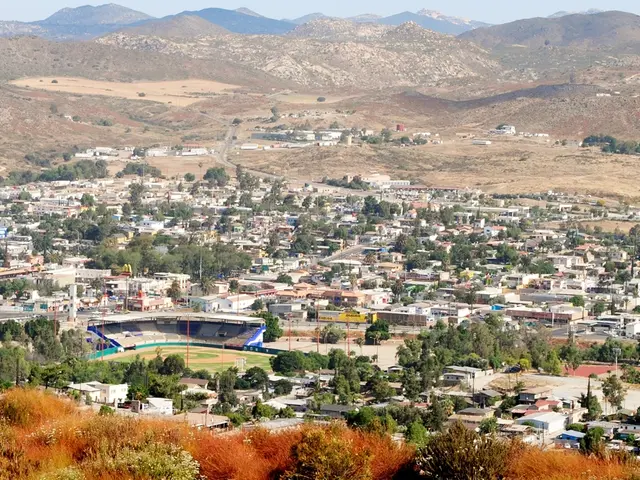Controversy Arises over Accusations of Instigating Conflict and Media Partiality, concentrating on Israeli Football Supporters' Violent Disturbance in Amsterdam.
In the heart of Amsterdam, a soccer match between Maccabi Tel Aviv and an unspecified team escalated into violent altercations a week ago. The incident, which has since drawn sharp reactions from political leaders across Europe, has amplified calls for transparency, accuracy, and sensitivity in media coverage, particularly when addressing sensitive international issues.
Witnesses reported that Maccabi Tel Aviv fans disrupted a moment of silence for victims of Spanish floods by chanting anti-Palestinian slogans. This provocative behavior allegedly led to a series of altercations that escalated into violence, with Maccabi fans reportedly tearing down Palestinian flags and engaging in hostile exchanges with locals.
Critics argue that much of the media coverage focused primarily on the violence directed at Israeli fans while downplaying or ignoring the provocative actions that allegedly led to the conflict. This framing has been criticized for distorting the sequence of events and for portraying the Israeli fans as victims without addressing their role in provoking hostilities.
The alleged hate speech from Maccabi Tel Aviv fans, including slogans like 'Death to Arabs' and 'Let the IDF f*ck the Arabs,' have been interpreted as violations of the 1948 Genocide Convention. One witness recalled hearing such slogans during the confrontations.
The incident has also raised questions about the involvement of Israeli military personnel in the clashes. Some of the young Maccabi Tel Aviv fans involved are currently serving members of the Israel Defense Forces (IDF), due to Israel's mandatory military service. This has led to ongoing investigations by the International Criminal Court (ICC) and the International Court of Justice (ICJ) involving recent Israeli military operations, which may involve IDF soldiers who could have participated in the Amsterdam incident.
The Amsterdam incident has not only sparked controversy but has also led to calls for accountability. Former Israeli Prime Minister Naftali Bennett described the events as a 'pogrom in action' and called on Dutch authorities to intervene to protect Jewish citizens. Left-wing Israeli politician Ofer Cassif condemned the behavior of Maccabi fans and called for a balanced accountability.
Amsterdam's mayor later condemned the anti-Semitic attacks on Israeli fans, while noting that both sides bore responsibility for the unrest that unfolded. Dutch Prime Minister Mark Rutte and Ursula von der Leyen, President of the European Commission, also issued statements condemning the violence and calling for calm and dialogue.
As the Israeli-Palestinian conflict continues to unfold, there is a growing demand for balanced and nuanced reporting that captures the complexity of the situation and refrains from exacerbating divides with biased narratives. The Amsterdam incident serves as a stark reminder of the need for responsible journalism in sensitive international issues.
Read also:
- United States tariffs pose a threat to India, necessitating the recruitment of adept negotiators or strategists, similar to those who had influenced Trump's decisions.
- Weekly happenings in the German Federal Parliament (Bundestag)
- Southwest region's most popular posts, accompanied by an inquiry:
- Discussion between Putin and Trump in Alaska could potentially overshadow Ukraine's concerns








